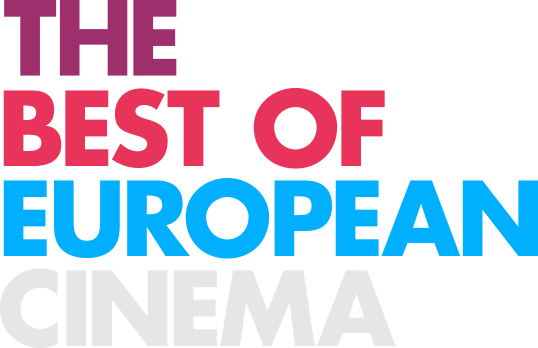Lago Film Festival review: Déjà Vu
Always will I come back to my people
These words mark both the beginnings of Deja Vu (Dir. Laura Bianco, Italy, 2014) and of a poem recited by an elderly lady at a family gathering. As soon as this archival footage shows up on screen, a reminiscence from times past, when a camera still was a luxury saved for documenting only the most precious occasions, we get overwhelmed by a strong feeling of deja vu. Almost everyone has not only been at these gatherings, but most likely also has an old crate full of tapes somewhere, documenting such events . As she finishes the poem in a trembling voice, unable to fight tears any longer, "As I come to the sunset at the end of the dreams, I will pitifully shut my eyes", it becomes clear what the documentary is about: the neverending circle of life, where struggle to break free from parents repeats itself generation after generation.
Italian director Laura Bianco approaches this subject by filling a timeline of a single day from the lives of her grandparents with memories and stories that surface during it. We don't see her family being interviewed - instead we only hear their voices flow and echo over the footage from family archives, excerpts from letters, photos of their youth and, what is rather unusual, short photo-film sequences of their current life amongst objects and reminiscences of their past. Most of the time such visual accompaniment compliments the stories well, providing us with a broader perspective of the stories being told as well as creating an interesting dissonance between photo sequences that document bleak life of the present and vividly told stories of the dreams and events of the past.
What sets Deja Vu apart from numerous other family documentaries is that in addition to offering a cultural window into an Italian family life, it also has a strong emotional impact. Excerpts of letters, full of passion for life and dreams, that demand ties with one's family to be cut in order to be achieved, serve as a much needed reminder that everyone has been young once and strove to achieve their dreams, causing those closest to them to be hurt. The sense that I've been or even am going through the same intermingles with understanding of the other side of the barricades - the viewpoint of relatives, awakening the desire to ask and listen to the stories of one's own family instead of just patiently pretending to do so.
Deja Vu is a documentary that can be considered as a cathartic psychotherapy not only for the director, but also for the audiences as well. Because it tells a very specific and, what is the most important thing - honest story about the director's family, we can't help but think about our own families and relationships with them, hoping that, no matter what dreams one sets out to achieve, "always will I come back to my people".
By Saulius Nojus Kovalskas (Lithuania)
Cineuropa Shorts, in collaboration with Nisimazine and Lago Film Fest (which ran this year from July 24th - August 1st), offers you film reviews and interviews made in Lago by Nisimazine’s team of young journalists.
01 September 2015, by Cineuropa Shorts






